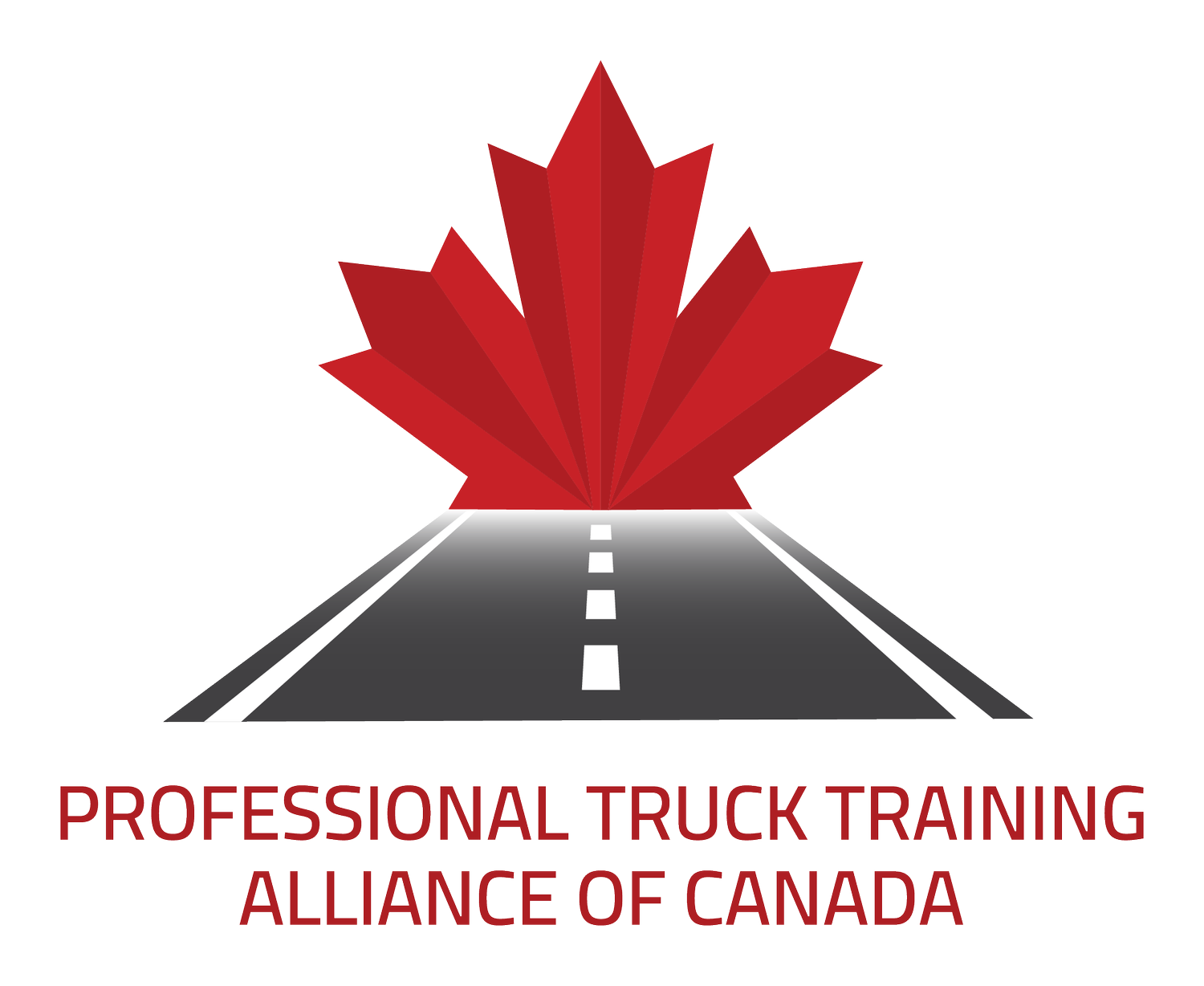Could self-policing spell the end of Driver Inc.?
By Mike McCarron
Article published in trucknews.com: https://www.trucknews.com/blogs/could-self-policing-spell-the-end-of-driver-inc/
In November, I was the guest speaker at the Windsor Transportation Club’s annual Highway Carrier Night. My topic?: The future of the Canadian trucking industry: Combating Driver Inc.
I was excited to present something I’ve been working on for some time — a way for the trucking industry to repair its battered public safety image and slow down Driver Inc.
I could tell from the Q&A session that my message went over like a fart in church!
Event organizers love audience engagement, but unless I plant questions, most presentations end with polite applause and a turn toward the pastry table.
This time, folks lined up like parents at a school board meeting. The discussion was lively, to say the least. Here’s what pissed off these industry professionals. You can decide for yourself if I’m on the right track about Driver Inc.
Something has to give
Everyone agrees the status quo is not an option. As time goes on, Driver Inc. will only put more carriers out of business and our highways will continue to feel like a friggin’ demolition derby.
These safety concerns were echoed in a fall press release from our industry’s most important voices (too many to name). Their message left no doubt that “standards of safety and compliance are eroding rapidly.”
Who will save the day?
Good luck waiting for the taxman to put on a superhero cape and take down Driver Inc. Government is not coming to the rescue.
Others suggest unions are the magic bullet to save gig drivers from a form of modern-day slavery. Giving “independent” drivers the leverage to strike will never fly, but I do find it intriguing that the Teamsters recently shared the podium with the Quebec Trucking Association at a Driver Inc. press conference. Stay tuned on that one!
Self-policing works
That’s why a form of self-policing might be our best option.
We’re not reinventing the wheel here. Other industries have established standards for training, safety, and ethical practices despite the growing gig economy.
Aviation, energy, and health care are prime examples. I don’t know about you, but I’ve never heard of Pilot Inc. or Nurse Inc.
Being accountable for our industry’s ills will improve our battered brand while encouraging collaboration on a framework of safety, growth, and public trust. Who better to take care of our problems than us?
Pain points
Admittedly, self-policing has flaws. By far, the biggest challenge is enforcement, which many think is the root of the problem in the first place. The bad actors will never agree to industry standards and self-regulation unless it’s rammed down their throats.
That’s why I think the Red Seal designation can be part of the solution.
Red Seal sets common standards for tradespeople across Canada. It indicates that a person meets training and knowledge standards established by their industry.
It’s the ultimate Driver Inc. trump card. It can ensure gig drivers receive the training they need and level the playing field on competition.
Red Seal is only part of the solution. Self-policing requires a collaboration among government (providing oversight), industry (setting standards), and Red Seal (validation and enforcement).
There’s no financial downside for compliant carriers. They already spend a fortune training drivers.
But industry standards would help break the fragile Driver Inc. business model. There is zero chance the battered balance sheets at Driver Inc. operations could bear the burden of committing to the training long game.
The survivors would have drivers who know how to drive and prices you can actually compete against.
And the roads would be safer for everyone.
Thanks to the fine people of Windsor for all their passion. It means they care. It also means that I am on to something.
Go, Lions, go!
